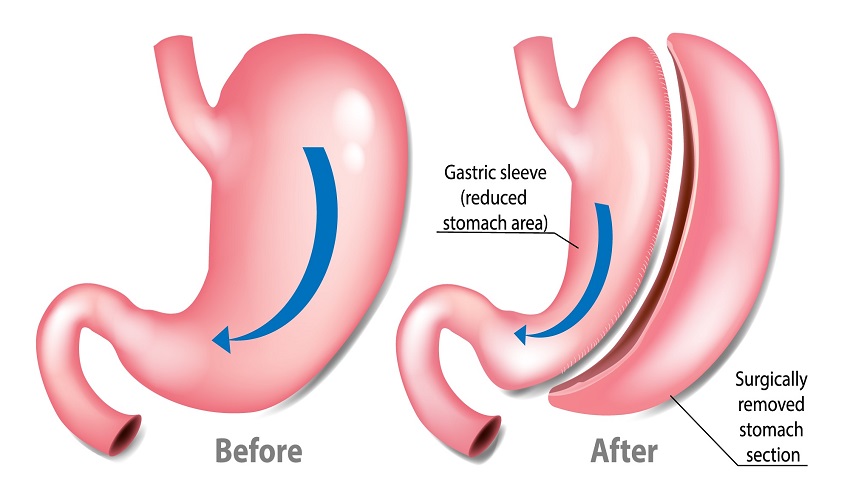After bariatric surgery, you may wonder whether it’s worth it to exercise. After all, you’re probably dealing with a whole lot of changes in your life—including physical changes like having less energy and more fatigue. But there are some important reasons why exercising after gastric sleeve surgery in Melbourne is worth doing!
Exercise helps you lose weight after bariatric surgery.
The gastric sleeve surgery Melbourne causes weight loss. You will lose weight after gastric sleeve surgery because it allows your stomach to hold less food than before. In addition, the surgery also helps you feel full sooner and for longer periods of time. However, not all bariatric surgeries are created equal. The best bariatric surgeries achieve long-term weight loss in their patients by helping them with portion control and providing a feeling of fullness throughout the day.
Achieving long-term success requires more than just losing weight; it takes dedication on your part to stay motivated as well as healthy eating habits that stick with you over time.[2] But one thing that can really help is exercise after bariatric surgery!
Exercise helps you lose fat, not muscle mass.
After bariatric surgery or pregnancy, the body has a tendency to retain water and other fluids. You can help prevent this by exercising regularly so that your body knows it needs to release some of the stored water and fluids before they become problematic.
Exercise also helps with weight loss.

Exercise during pregnancy can prevent getting gestational diabetes.
- Exercise can help you lose weight.
- Exercise can help you prevent gestational diabetes.
- Exercise can lower your risk of developing gestational diabetes.
- Exercise can help you avoid complications during pregnancy and delivery, such as preeclampsia, which is high blood pressure that develops after the 20th week of pregnancy and causes swelling of the hands, face and feet; anemia; fluid retention (edema); high uric acid levels; thrombocytopenia (a condition in which there are fewer than normal platelets in the blood); preterm labour (labour before 37 weeks gestation) and placental insufficiency (insufficient placenta).
Exercise may reduce the risk of heart attack or stroke.
High blood pressure and diabetes are common conditions that people with obesity are at risk for. Both can lead to serious health issues if left untreated, which is why it’s important to learn how exercise affects these conditions after bariatric surgery. Exercise increases blood flow to your heart, which lowers your blood pressure and reduces strain on its walls. Regular aerobic exercise—such as walking, jogging, or swimming—can also help you prevent diabetes because it helps keep glucose levels in check throughout the day by strengthening muscles used for digestion (like those found in your stomach). In addition to reducing your risk factors for heart disease and stroke, regular exercise may also help improve symptoms of depression and anxiety after bariatrics.
Conclusion
In the end, exercise can be a great way to stay healthy after gastric sleeve surgery Melbourne. If you’re considering this procedure, make sure you talk with your doctor about how much activity is safe for you and your body type. And if you’re not thinking about having surgery but just want to get healthier—well, then maybe it’s time to start hitting the gym!

